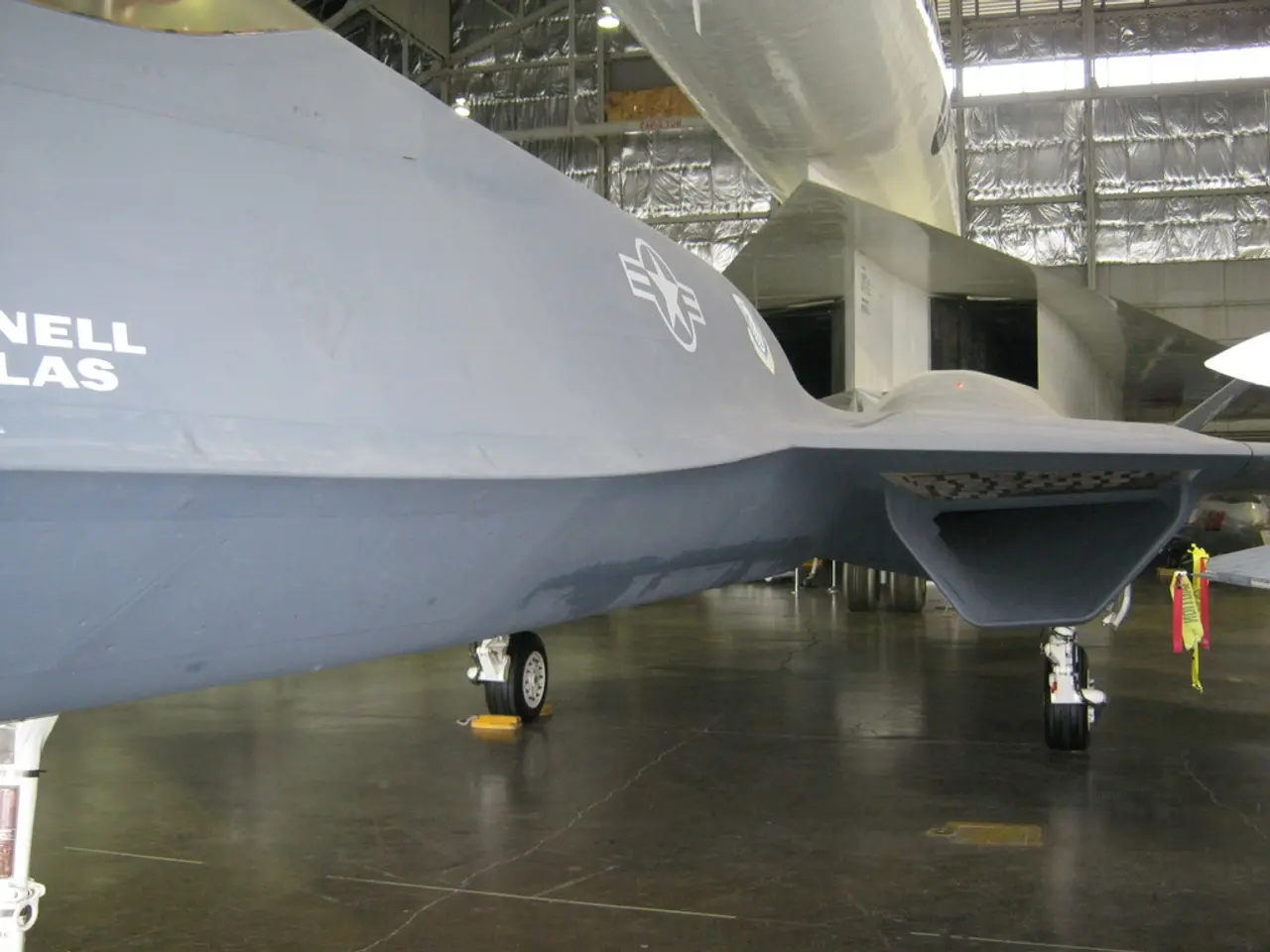Airline company Easyjet suffers a £15 million loss due to disruptive and unacceptable French air traffic control strikes
The ongoing strikes by French air traffic controllers have caused significant disruptions to airlines operating in Europe, with EasyJet and Ryanair being among those most affected.
## Operational Challenges
The strikes have resulted in widespread flight cancellations and delays, impacting thousands of passengers. Ryanair canceled over 400 flights, affecting about 70,000 passengers, while EasyJet and other airlines faced similar disruptions. The strikes have also caused an average of 3,713 flight delays per strike day, with 10.7% of all flights delayed, leading to a total of 354,000 minutes of air traffic flow management (ATFM) delays across the network.
## Financial Consequences
The strikes have led to substantial financial losses for airlines, with European aviation incurring approximately €120 million in delay and cancellation costs over the two strike days. Airlines may also face additional costs due to passenger compensation for delayed or canceled flights, as required by European passenger rights regulations.
## Industry Response
Both EasyJet and Ryanair have urged the European Union to reform air traffic rules to prevent future disruptions. EasyJet's CEO, Kenton Jarvis, expressed extreme dissatisfaction with the situation, calling for EU involvement to address the disruptions caused by the strikes. Airlines have been making preventive cancellations and adjustments to their schedules to mitigate the impact of the strikes, but the potential for further strikes poses ongoing risks to their operations throughout the summer.
## Financial Performance
Despite these challenges, EasyJet reported a 21.2% increase in quarterly pre-tax profit to £286m. EasyJet Holidays brought in £86m in pre-tax profit over the quarter, up £13m year-on-year. However, EasyJet is factoring in a £10m hit for the year ending September due to higher fuel costs and is expecting an additional financial hit due to the same reason. EasyJet's shares have fallen around 5% this year, despite strong travel demand. Passenger numbers for EasyJet edged up to nearly 26m.
## Outlook
Forward bookings for the fourth quarter are around 67% sold, slightly ahead of last year. EasyJet's CEO, Jarvis, described the group's outlook as positive and continuing to focus on progressing towards medium-term targets. Despite the challenges posed by the strikes, EasyJet remains optimistic about its future performance.
[1] https://www.bbc.co.uk/news/business-62467038 [2] https://www.reuters.com/business/aerospace-defense/french-air-traffic-controllers-strike-causes-354000-minutes-delays-2022-06-21/ [3] https://ec.europa.eu/transport/passenger-rights/air/index_en.htm [4] https://www.reuters.com/business/aerospace-defense/easyjet-boss-calls-eu-action-over-french-air-traffic-strikes-2022-06-22/ [5] https://www.bbc.co.uk/news/business-62467038
Whilst EasyJet and Ryanair grapple with the financial consequences of the ongoing air traffic controller strikes in France, causing significant disruptions to their operations, the CEO of EasyJet, Kenton Jarvis, has urged the European Union to reform air traffic rules to prevent future disruptions. On the contrary, EasyJet reported a 21.2% increase in quarterly pre-tax profit, but the ongoing strikes poses ongoing risks to their business and lifestyle, especially with travel demands increasing.




